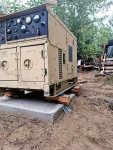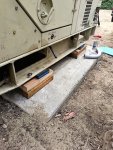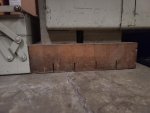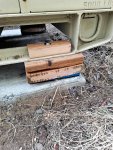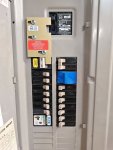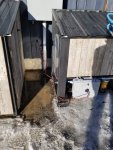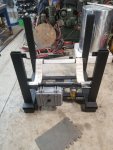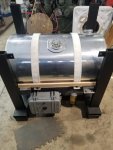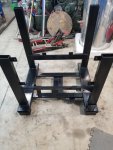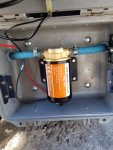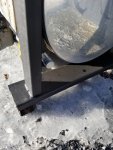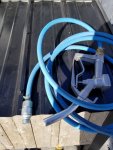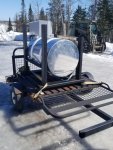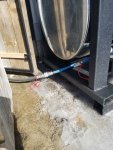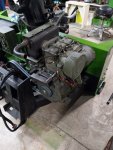- 18,145
- 27,263
- 113
- Location
- Burgkunstadt, Germany
I can't imagine living that close to a cathedral. What an experience!
Here is a short article about the Dom.

 simple.wikipedia.org
simple.wikipedia.org
If you don't want to watch the whole thing, skip to 2:15 seconds, plug in the head phones, (so the dog wont leave the country) and get ready. I could not find the Christmas recording. It goes on for about 40-45 min.
Oh, no matter how loud you can turn it up, it aint even close!
Here is a short article about the Dom.

Bamberg Cathedral - Simple English Wikipedia, the free encyclopedia
 simple.wikipedia.org
simple.wikipedia.org
If you don't want to watch the whole thing, skip to 2:15 seconds, plug in the head phones, (so the dog wont leave the country) and get ready. I could not find the Christmas recording. It goes on for about 40-45 min.
Oh, no matter how loud you can turn it up, it aint even close!



